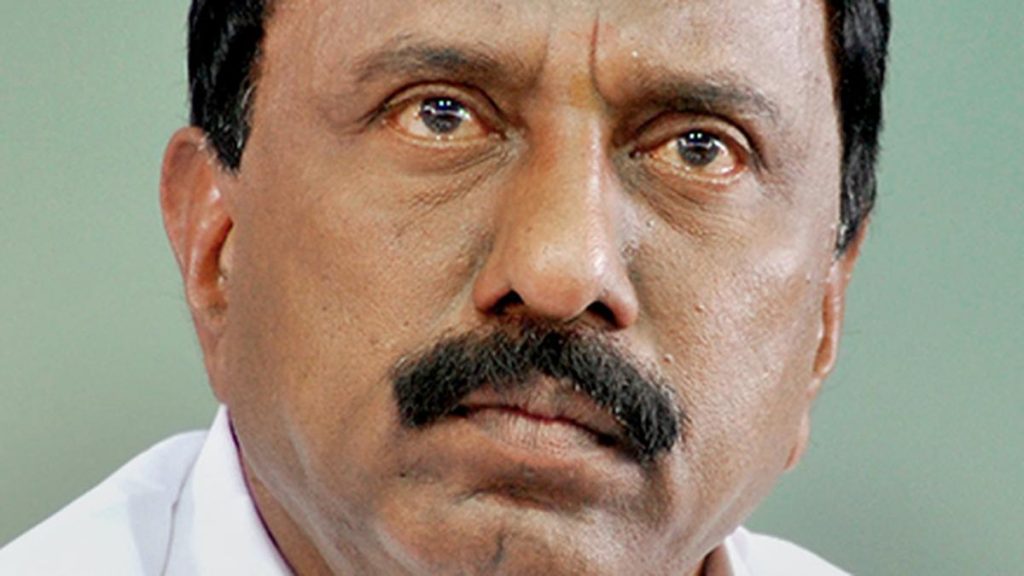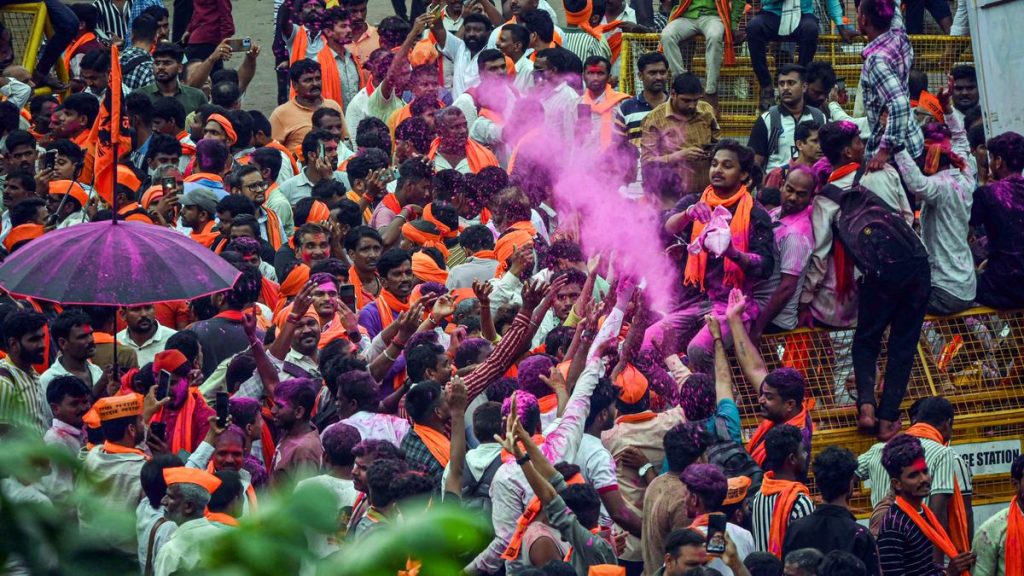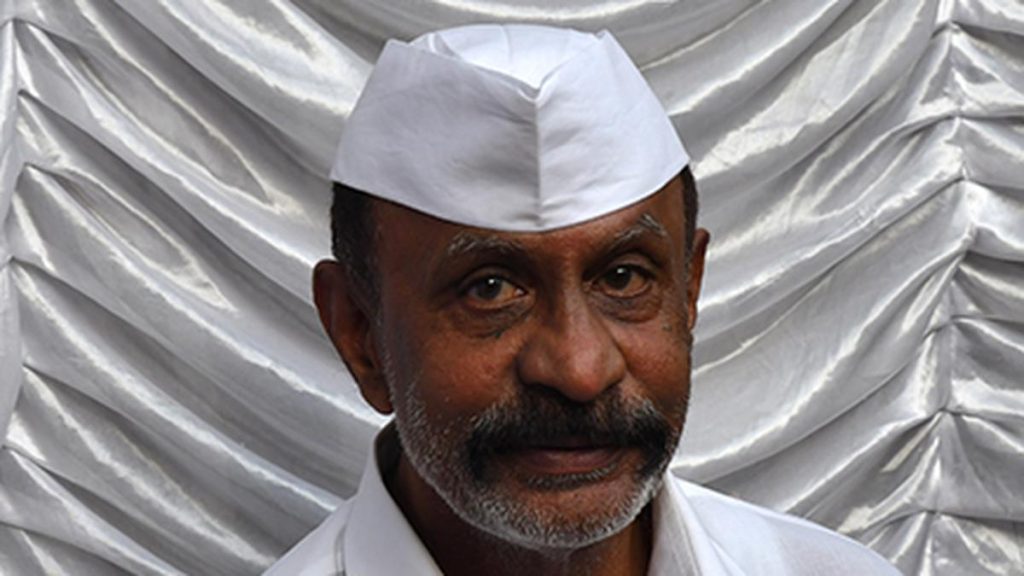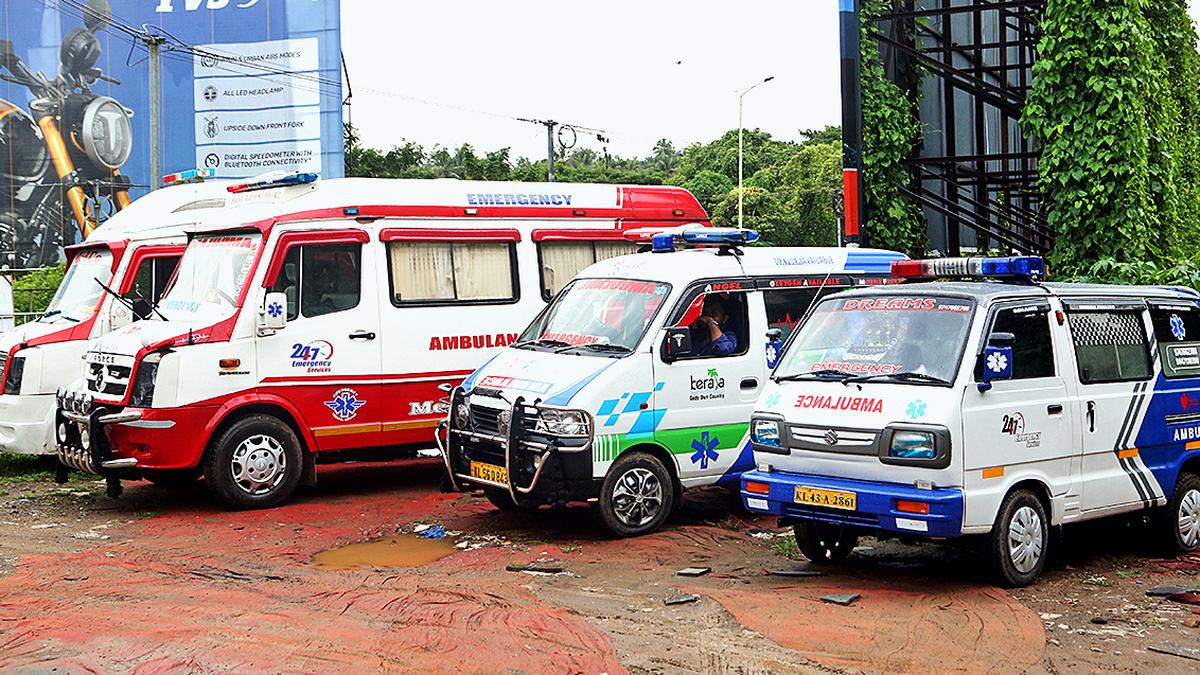Now Reading: Madras High Court Questions Proof of Friendship in Kidney Transplant Case
-
01
Madras High Court Questions Proof of Friendship in Kidney Transplant Case
Madras High Court Questions Proof of Friendship in Kidney Transplant Case
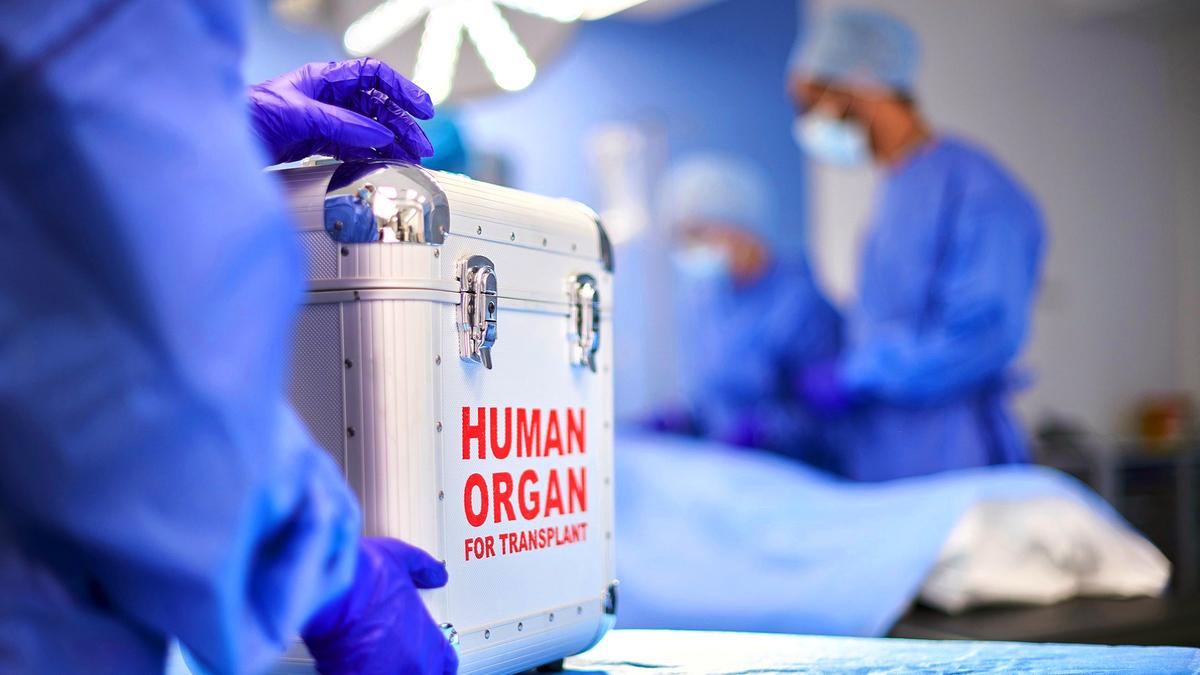
Rapid Summary
- Madras High Court intervention: Justice N. Anand Venkatesh has nullified a June 27, 2025, decision by an Authorisation Committee that denied permission for a kidney transplant between unrelated individuals who identified as family friends.
- Reason for Denial: The committee based its decision on an Erode Collector’s report stating the donor and recipient failed to produce documentary evidence proving their “family friendship.”
- Judge’s Observation: Justice Venkatesh emphasized that emotional relationships like friendships cannot always be substantiated through documents and criticized the lack of sound reasoning in the report.
- Legal Context:
– Under India’s Transplantation of Human Organs and Tissues Act (1994), organ donation is allowed between non-near relatives if it stems from “love and affection” without financial transactions or coercion.
– Committees are tasked with independently verifying claims to ensure ethical compliance rather than relying solely on external reports.
- Next Steps Ordered by Court:
– the families of both the donor (C. Ganesan) and recipient (V. Periasamy) must appear before the Authorisation Committee on September 4, 2025, for reconsideration of their request.
– A final decision must be made within four weeks in alignment with legal requirements.
Indian Opinion Analysis
This case highlights critical gaps in how organ donation regulations are implemented when donors and recipients are unrelated by blood or marriage.While laws aim to prevent exploitation or commercial trafficking of human organs-a legitimate concern-the reliance on documentary evidence for relationships like friendships may unintentionally create obstacles where genuine altruism exists.
Justice Venkatesh’s critique underlines an significant principle: decisions concerning deeply personal matters such as voluntary organ donations should reflect deeper scrutiny rather than superficial reliance on procedural technicalities or third-party reports. The directive for self-reliant assessment offers clarity on maintaining ethical safeguards while allowing emotional bonds-like friendship-to influence decisions.
The broader implication lies in revisiting procedures within authorisation committees across India, ensuring mechanisms do not inadvertently hinder lawful donations rooted purely in goodwill while staying vigilant against any exploitative practices.
For more details: Source link



